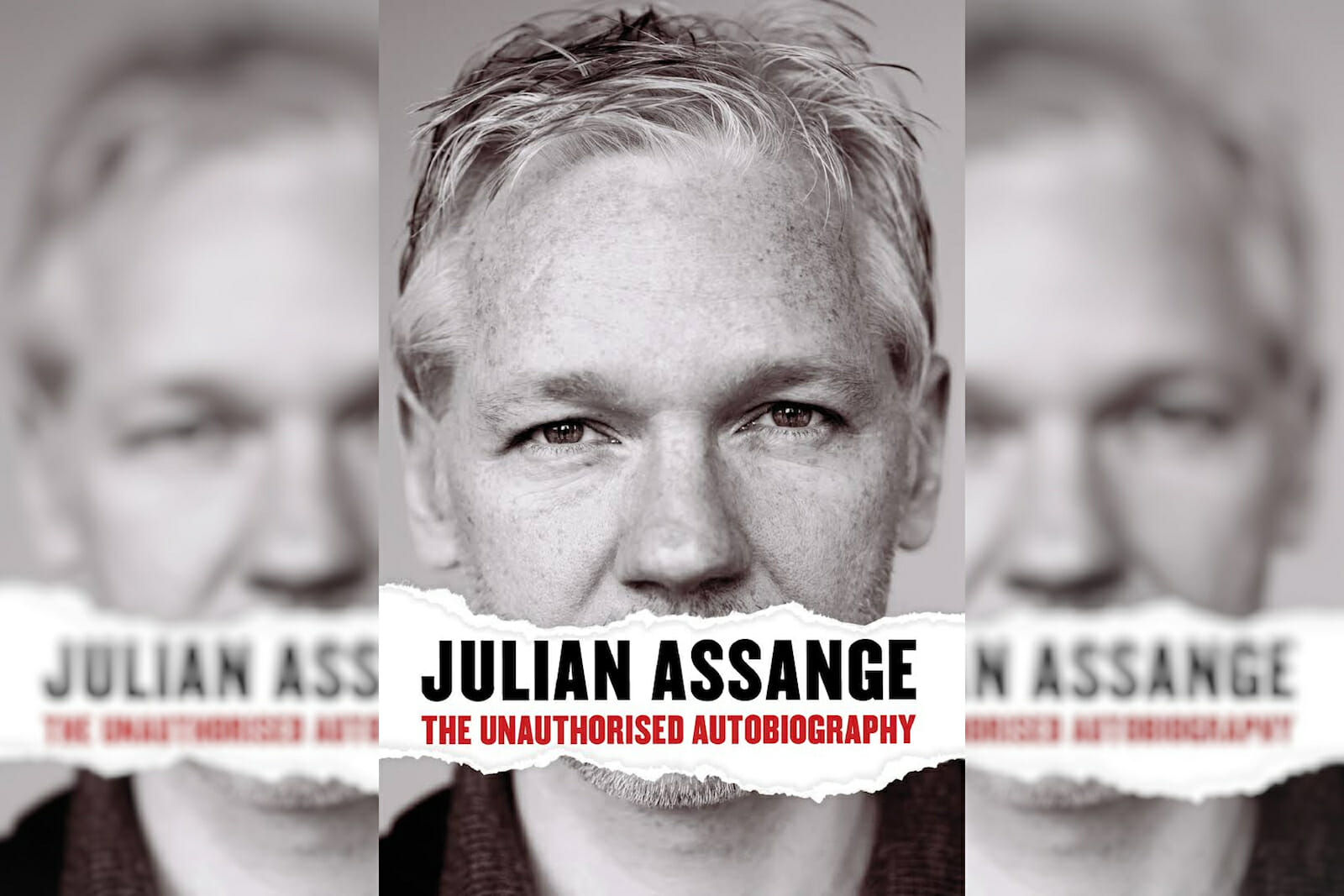
Media
Julian Assange Doesn’t Understand Irony
Bordering on what some suggest is the very definition of irony, WikiLeaks founder Julian Assange has come out fighting against the release of his autobiography without his consent. Despite being paid $1 million dollars for his autobiography, he failed to deliver on his portion of the agreement and the publisher decided to release the 244-page memoir to bookstores on Thursday. The publisher, Canongate, insists that Assange has not repaid the publisher for his advance. Assange was originally paid by Canongate to begin working on the memoir with a ghostwriter but decided to cancel his contract with Canongate, citing his ongoing legal problems. Nevertheless, Canongate decided to publish the first draft of Assange’s “unauthorized autobiography.”
“I did not pull the plug on the deal, nor was I unwilling to compromise. Rather, I proposed on 7 June 2011 to cancel the contract as it stood in order to write up a fresh contract with a new deadline. I informed the publishers of this on 7 June 2011, having explained that with the upcoming extradition appeal in the High Court and an ongoing espionage Grand Jury against me in Virginia, I was not in a position to dedicate my full attention to a book that would narrate my personal story and my life’s work,” Assange said in a statement posted on the WikiLeaks website.
“The events surrounding its unauthorized publication by Canongate are not about freedom of information — they are about old-fashioned opportunism and duplicity — screwing people over to make a buck,” Assange argues.
The memoir, in many ways, is a run of the mill memoir that traces his life from his boyhood days in Queensland, Australia. What sets his memoir apart is the focus on his founding of WikiLeaks which has embarrassed countless governments around the globe due to the release of highly sensitive diplomatic cables and documents.
For those following all of Assange’s personal travails, an entire chapter of his memoir is dedicated to the ongoing rape allegations leveled at him by two Swedish women whom he refers to as “A” and “W.” Assange writes, “I did not rape those women and can not imagine anything that happened between us that would make them think so, except malice after the fact, a joint plan to entrap me, or a terrible misunderstanding that was stoked up between them.”
“I may be a chauvinist pig or some sort but I am no rapist, and only a distorted version of sexual politics could attempt to turn me into one. They both had sex with me willingly and were happy to hang out with me afterwards,” Assange contends. In fact, Assange argues that the U.S. government, seeking ways to undermine his credibility, ginned up the rape allegations against him. He contends that an unnamed Western intelligence agency warned him that this would occur.
Assange argues that he had no other route but to pursue publishing his memoir, although he had no wish to do so. But, because of his mounting legal fees he needed the cash. “I don’t want to write this book, but I have to,” Assange told the Sunday Times. “I have already spent £200,000 for legal costs and I need to defend myself and to keep WikiLeaks afloat.”
His mounting legal fees and the fact that many financial institutions have frozen donations to WikiLeaks have put Assange in a bit of a bind. PayPal, a widely used money transferring website, suspended Assange’s account after they surmised that WikiLeaks was in violation of various U.S. laws. Before that, PayPal had suspended WikiLeaks account after warning bells had gone off after PayPal became aware of a large number of wire donations being made to WikiLeaks. Assange contends that PayPal’s suspension of service for WikiLeaks was politically motivated and the website, owned now by eBay, succumbed to political pressures from the U.S. government.
WikiLeaks has pursued its mission with zeal that has put the site at odds with mainstream media sites. Several weeks ago, when WikiLeaks released upwards of 250,000 U.S. diplomatic cables it did so without editing out any sources listed in the cables, which could put individuals at risk. The New York Times, Der Spiegel magazine, the U.K.’s The Guardian, France’s Le Monde and Spain’s El Pais issued an extraordinary joint statement condemning the release and ended their pseudo professional relationship with WikiLeaks. “Our previous dealings with WikiLeaks were on the clear basis that we would only publish cables which had been subjected to a thorough editing and clearance process…Today’s decision to publish by Julian Assange was his, and his alone,” the newspapers said in a joint statement.
Previously, WikiLeaks was amenable to redacting certain details that might put individuals at risk. However reluctantly, Assange, persuaded by arguments made by mainstream media outlets has done so.
Going forward, Assange’s outrage over the release of his “unauthorized autobiography,” which some now label as irony, and his continuing disregard from journalistic ethics in search of the latest “scoop” could very well put WikiLeaks out of business by identifying the site as just another example of muckraking rather then exposing transgressions conducted by foreign governments, along the lines of the Pentagon Papers.

